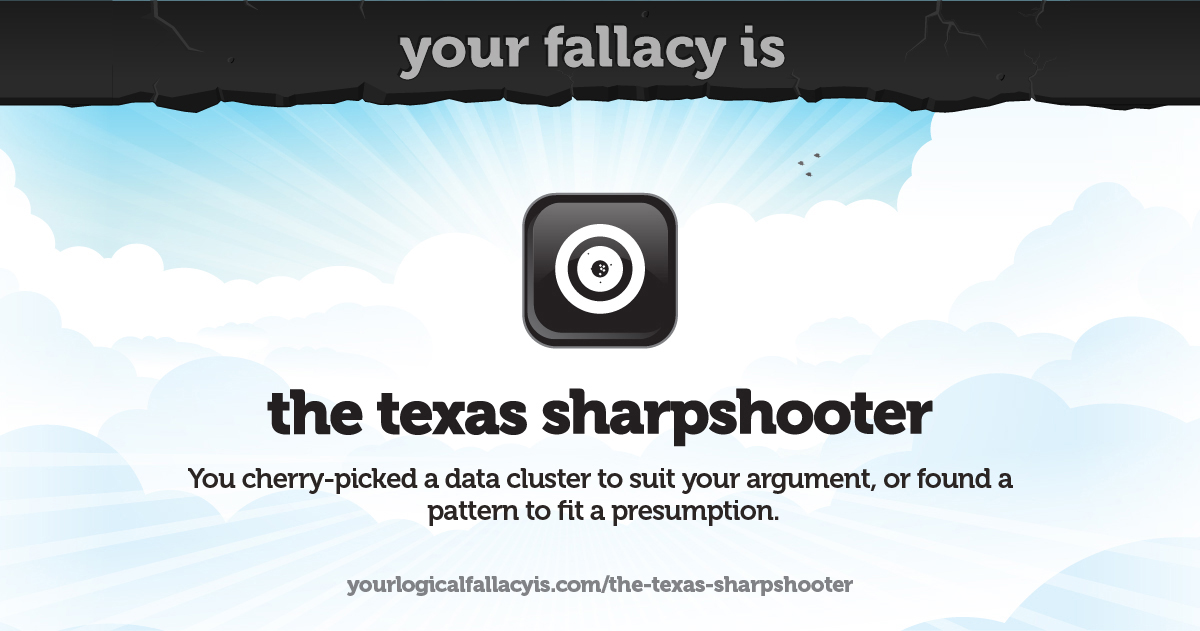Golden_Jet
Registered User
- Sep 21, 2005
- 27,974
- 14,888
Well it was poorly written by the author to be fair.I am not sure where he found his numbers.
Here’s the article I referenced: NHL free agency shows teams in states with no income tax have an advantage
After a brief search on Alan P - he seems to have been writing papers for years on tax disparities. I just got educated on the “Alberta tax” and just read a paper on Brian Gionta and the tax implications he faced when signing in MTL.
I’ll be honest, read more about taxes in the last 2 hours than I care to admit lol.
I miss pure hockey trades, the days before us fans debated player salaries and tax rates. And Don Cherry. I miss that guy.
The numbers used are if Reinhardt plays 82 games in Florida.
Averaging out Reinhart’s salary to US$8.625-million annually, he owes US$3.15-million in taxes in Florida. He would pay US$1.1-million more in California, US$1.5-million more in New York and US$1.4-million more in Toronto, according to a calculator provided publicly by Cardinal Point Athlete Advisors.
Doubles down on stupid by assuming he plays all 8 years of games in Florida.
Over the length of the contract that could save him up to US$12-million.





